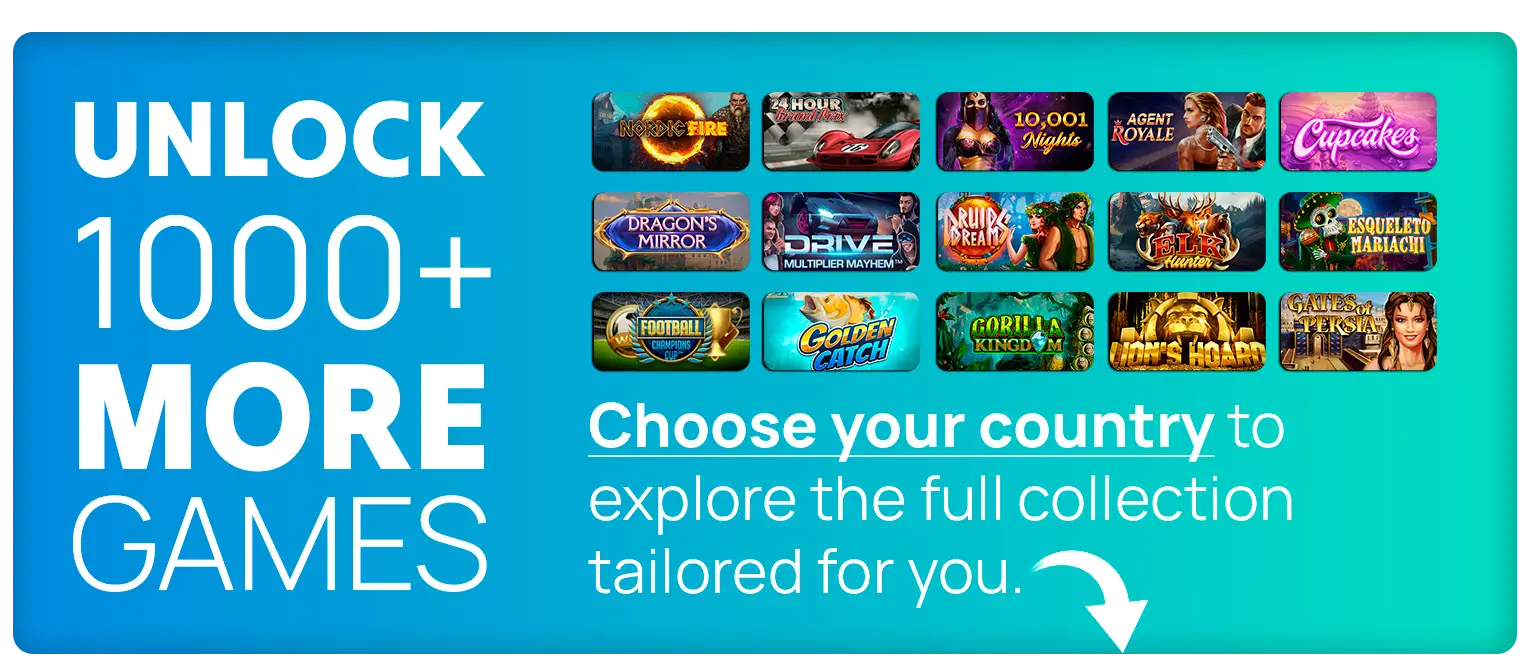
Casino Ratings And Comprehensive Evaluation Guide
Casino ratings serve as one of the most trusted tools for players navigating the diverse world of online gambling. For an aggregator platform, delivering accurate, data-backed evaluations requires a deep understanding of both the technical and experiential factors influencing a player’s choice. True credibility in this area begins with a transparent methodology that reflects real user experiences, rigorous testing of features, and impartial scoring systems. By combining these elements, an aggregator can provide casino ratings that not only reflect quality but also guide users toward platforms that match their specific gaming preferences and goals.
The foundation of any trustworthy rating lies in defining the evaluation categories. These typically include licensing and regulatory compliance, fairness of gameplay, variety and quality of games, security measures, banking options, bonus terms, and customer service responsiveness. Each of these components should be tested under real conditions, using actual accounts, deposits, and withdrawals to ensure that the final score is not theoretical but based on practical results. This level of hands-on analysis transforms casino ratings from mere lists into authoritative resources that users can depend on for making informed decisions.
Equally important is the weighting of these categories within the overall score. For example, while game variety is vital, many experienced players prioritize withdrawal speed or the clarity of bonus terms. A fair rating system acknowledges these priorities, ensuring that casinos offering superior financial transparency and fast payouts are recognized accordingly. This approach also prevents situations where flashy design or large bonus amounts overshadow weak operational practices. The goal is to make casino ratings reflect genuine quality rather than marketing hype, giving players an unbiased foundation for comparison.
For an aggregator, the process of compiling and publishing ratings involves not just the assessment of individual casinos but also the maintenance of an updated and consistent scoring framework. Markets evolve, regulations change, and casinos adjust their offerings. Regularly revisiting each platform’s performance ensures that ratings remain current. Outdated data can mislead players, undermining the platform’s credibility. This ongoing commitment to accuracy also strengthens the aggregator’s position as a long-term resource rather than a one-time guide.
Incorporating player feedback into casino ratings adds another dimension of authenticity. While expert evaluations provide structured insights, user reviews capture the lived experience of interacting with a casino. These perspectives can highlight subtle issues that structured testing might overlook, such as customer support tone, ease of navigation, or clarity of in-game instructions. Combining expert assessments with curated, verified player feedback produces ratings that are both technically sound and human-centered.
One of the challenges in delivering accurate casino ratings lies in avoiding bias, especially in a competitive affiliate-driven industry. Transparency about how a site earns revenue and the separation between commercial partnerships and evaluation results is essential. Clear disclaimers and visible explanations of scoring criteria reassure users that the aggregator’s primary loyalty is to them, not to the casinos. This principle aligns with the growing demand for responsible, ethical practices in the online gambling space, where trust is a key differentiator.
Global accessibility is another factor shaping modern casino ratings. Players from different regions encounter varying game selections, payment options, and bonus eligibility due to local regulations. An aggregator that tailors ratings to regional realities offers more relevant guidance than one that applies a one-size-fits-all score. This might mean maintaining separate lists or adding detailed regional notes that allow users to understand how a casino will function in their specific jurisdiction.
Ultimately, the strength of casino ratings lies in their ability to simplify complex decisions without oversimplifying the reality of online gambling. By combining technical precision, transparent methodologies, regional awareness, and genuine user perspectives, an aggregator can produce evaluations that empower players. The purpose is not merely to assign a score but to give each visitor the context and confidence to choose platforms aligned with their gaming style, risk tolerance, and personal priorities.
Casino Ratings Systems And Ranking Methodologies
Casino ratings systems exist to bring order to the crowded online gambling market, enabling players to compare platforms based on consistent and meaningful criteria. In practice, the design of such systems requires an aggregator to balance objectivity with usability. A purely data-driven approach may produce technically accurate results but leave users overwhelmed with statistics. Conversely, an oversimplified star rating may be easy to read but fail to convey the nuances that differentiate two otherwise similar casinos. The art lies in combining quantitative scoring with qualitative insights, ensuring that players understand both the numbers and the reasoning behind them.
The first step in structuring a casino rating system is to define the evaluation categories in a way that is comprehensive yet manageable. Common areas include licensing, security, fairness, game selection, mobile compatibility, bonuses, and customer service. Each category can be assigned a weight based on its impact on the overall user experience. For example, licensing and security might account for a larger percentage of the total score, as they form the foundation of trust in online gambling. These priorities are especially important for new players, who may not yet know which factors carry the most long-term importance.
From a practical standpoint, testing procedures must be standardized to ensure that ratings remain consistent across different casinos. This might involve creating dedicated test accounts, simulating various deposit and withdrawal scenarios, and assessing the responsiveness of customer support during both routine inquiries and urgent issues. Consistency in testing eliminates accidental bias and ensures that casinos are compared on equal terms, regardless of their size or marketing budget.
Transparency in rating systems also extends to explaining how final scores are calculated. Many aggregators now publish detailed breakdowns showing category scores, methodology descriptions, and explanations of any penalties or bonuses applied. This level of openness enhances trust and gives players the ability to prioritize factors according to their own needs. For instance, a player interested in live dealer games may value that category more than mobile compatibility, even if the overall rating suggests otherwise.
Updating casino ratings regularly is another critical aspect of maintaining their relevance. Online casinos evolve rapidly, adding new features, changing bonus terms, or altering withdrawal processes. An aggregator that fails to revisit scores risks misleading its audience. Regular updates also allow the platform to recognize improvements, rewarding casinos that invest in better services and penalizing those whose standards decline over time.
Regional customization is a powerful enhancement to rating systems. By considering local regulations, currency options, and language availability, an aggregator can provide ratings that reflect the actual user experience for players in different countries. This approach acknowledges that a high-rated casino in one market may not be the most suitable choice in another due to restrictions or lack of relevant features.
In conclusion, building an effective casino ratings system is a balance of scientific precision and player-focused communication. A transparent, regularly updated methodology, grounded in both objective data and real user experiences, creates ratings that are not only informative but also actionable. For an aggregator committed to delivering genuine value, this balance is the key to long-term trust and authority.
Casino Ratings For Informed Online Casino Comparison
Casino ratings play an essential role in the process of online casino comparison, helping players filter through hundreds of available platforms to find those that meet their personal gaming requirements. For an aggregator, presenting these ratings in a structured, easily navigable format is as important as the accuracy of the scores themselves. A cluttered, confusing interface can undermine even the most expertly compiled data, discouraging users from fully exploring their options.
Effective online casino comparison tools rely on ratings that highlight key differences without overwhelming the user. By integrating sortable tables, interactive filters, and clear visual indicators, an aggregator can turn static data into a dynamic decision-making resource. For example, players might sort casinos by fastest withdrawal times, highest-rated mobile apps, or top scores in live dealer experiences. These tools make the act of comparison intuitive, encouraging users to spend more time engaging with the site.
The credibility of comparison content depends heavily on the quality of the underlying ratings. If a casino ranks highly for bonuses but the terms are restrictive or unclear, players will lose trust in both the casino and the aggregator. This is why expert-driven casino ratings, verified through direct testing and cross-referenced with genuine player feedback, are indispensable. They ensure that each comparison reflects real-world performance rather than promotional claims.
Consistency in presentation also enhances the usefulness of online casino comparisons. Players benefit from seeing the same categories, score scales, and terminology across all listings. This familiarity reduces cognitive load and allows users to make decisions based on clear, consistent benchmarks. It also minimizes confusion when a player moves from one review to another within the same aggregator platform.
Another advantage of integrating casino ratings into comparison tools is the ability to provide personalized recommendations. By allowing users to select their preferences — such as preferred game types, deposit methods, or regional availability — an aggregator can dynamically adjust ratings to display the most relevant options. This level of personalization deepens engagement and increases the likelihood that players will return to the site for future decisions.
Transparency remains a cornerstone of credibility in comparison tools. Clearly indicating how each rating is calculated, which factors carry more weight, and how frequently data is updated reassures users that the information is both accurate and impartial. In a niche where trust can be fragile, this openness serves as a powerful differentiator.
Ultimately, the integration of casino ratings into online casino comparison platforms is about empowering players to make informed, confident choices. By presenting accurate, up-to-date evaluations in a user-friendly format, aggregators transform complex industry data into accessible, actionable insights. This not only benefits players but also strengthens the aggregator’s reputation as a reliable, authoritative source in the online gambling ecosystem.
















